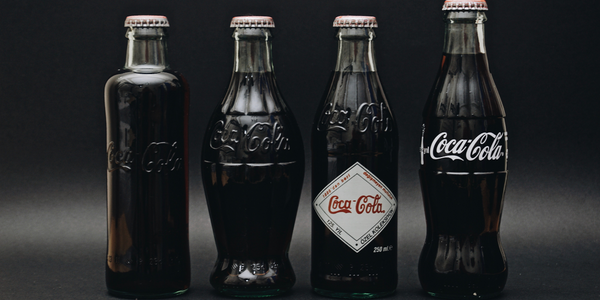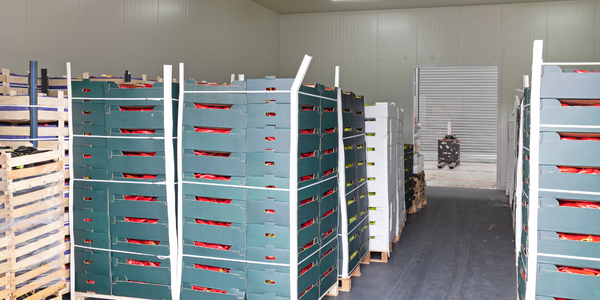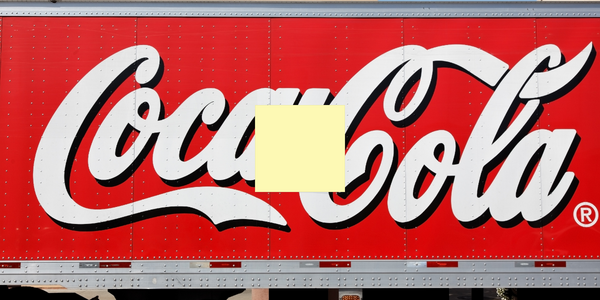Tropical Smoothie Cafe Enhances Franchisee Success with SynergySuite's Scalable Solutions
公司规模
Large Corporate
地区
- America
国家
- United States
产品
- SynergySuite
技术栈
- EDI Integrations
- Sales Forecasting
实施规模
- Enterprise-wide Deployment
影响指标
- Cost Savings
- Customer Satisfaction
- Productivity Improvements
技术
- 功能应用 - 企业资源规划系统 (ERP)
- 功能应用 - 库存管理系统
- 功能应用 - 远程监控系统
适用行业
- 食品与饮料
适用功能
- 商业运营
- 仓库和库存管理
用例
- 库存管理
- 补货预测
- 过程控制与优化
服务
- 系统集成
- 培训
关于客户
Tropical Smoothie Cafe is a well-established franchise that originated in Destin, Florida, in 1997. Known for its fresh, bold flavors, the brand offers a variety of real fruit smoothies, toasted wraps, salads, sandwiches, and more. With a strong presence across the United States, the company operates over 1100 locations and aims to expand to 1500 by 2025. As a fully franchised system, Tropical Smoothie Cafe prioritizes franchisee success and profitability, considering franchisees as their primary customers. The brand's commitment to providing an everyday getaway experience is reflected in its focus on optimizing operations and enhancing customer satisfaction.
挑战
Tropical Smoothie Cafe, a rapidly growing franchise with over 1100 locations in the United States, faced challenges in scaling its operations to meet its growth targets. The company needed to optimize inventory and labor management to drive franchisee success and profitability. Additionally, there was a need for strong system-wide reporting and better unit-level visibility to make informed brand decisions. The diverse needs of franchisees, ranging from single-unit operators to those managing multiple locations, added complexity to the challenge. The existing all-in-one point of sale and back-of-house solution was insufficient to meet these demands, prompting the need for a more robust system.
解决方案
To address the challenges, Tropical Smoothie Cafe selected SynergySuite as their back-of-house vendor in 2018. SynergySuite provided a scalable and customizable solution that catered to the diverse needs of franchisees, whether they were single-unit operators or managing multiple locations. The system offered enhanced inventory and labor management tools, along with additional features like checklists and label printing. SynergySuite's eight modules enabled consistent inventory management, EDI integrations with key suppliers, and labor scheduling based on sales forecasts. The solution also provided comprehensive reporting capabilities, empowering franchisees and corporate to gain visibility into profitability and operational efficiency.
运营影响
数量效益

Case Study missing?
Start adding your own!
Register with your work email and create a new case study profile for your business.
相关案例.

Case Study
The Kellogg Company
Kellogg keeps a close eye on its trade spend, analyzing large volumes of data and running complex simulations to predict which promotional activities will be the most effective. Kellogg needed to decrease the trade spend but its traditional relational database on premises could not keep up with the pace of demand.

Case Study
HEINEKEN Uses the Cloud to Reach 10.5 Million Consumers
For 2012 campaign, the Bond promotion, it planned to launch the campaign at the same time everywhere on the planet. That created unprecedented challenges for HEINEKEN—nowhere more so than in its technology operation. The primary digital content for the campaign was a 100-megabyte movie that had to play flawlessly for millions of viewers worldwide. After all, Bond never fails. No one was going to tolerate a technology failure that might bruise his brand.Previously, HEINEKEN had supported digital media at its outsourced datacenter. But that datacenter lacked the computing resources HEINEKEN needed, and building them—especially to support peak traffic that would total millions of simultaneous hits—would have been both time-consuming and expensive. Nor would it have provided the geographic reach that HEINEKEN needed to minimize latency worldwide.

Case Study
Energy Management System at Sugar Industry
The company wanted to use the information from the system to claim under the renewable energy certificate scheme. The benefit to the company under the renewable energy certificates is Rs 75 million a year. To enable the above, an end-to-end solution for load monitoring, consumption monitoring, online data monitoring, automatic meter data acquisition which can be exported to SAP and other applications is required.

Case Study
Coca Cola Swaziland Conco Case Study
Coco Cola Swaziland, South Africa would like to find a solution that would enable the following results: - Reduce energy consumption by 20% in one year. - Formulate a series of strategic initiatives that would enlist the commitment of corporate management and create employee awareness while helping meet departmental targets and investing in tools that assist with energy management. - Formulate a series of tactical initiatives that would optimize energy usage on the shop floor. These would include charging forklifts and running cold rooms only during off-peak periods, running the dust extractors only during working hours and basing lights and air-conditioning on someone’s presence. - Increase visibility into the factory and other processes. - Enable limited, non-intrusive control functions for certain processes.

Case Study
Temperature Monitoring for Restaurant Food Storage
When it came to implementing a solution, Mr. Nesbitt had an idea of what functionality that he wanted. Although not mandated by Health Canada, Mr. Nesbitt wanted to ensure quality control issues met the highest possible standards as part of his commitment to top-of-class food services. This wish list included an easy-to use temperature-monitoring system that could provide a visible display of the temperatures of all of his refrigerators and freezers, including historical information so that he could review the performance of his equipment. It also had to provide alert notification (but email alerts and SMS text message alerts) to alert key staff in the event that a cooling system was exceeding pre-set warning limits.

Case Study
Coca-Cola Refreshments, U.S.
Coca-Cola Refreshments owns and manages Coca-Cola branded refrigerators in retail establishments. Legacy systems were used to locate equipment information by logging onto multiple servers which took up to 8 hours to update information on 30-40 units. The company had no overall visibility into equipment status or maintenance history.






